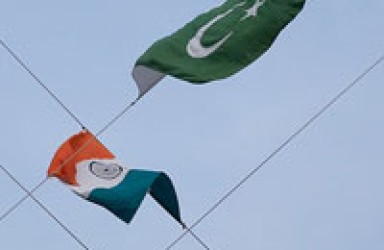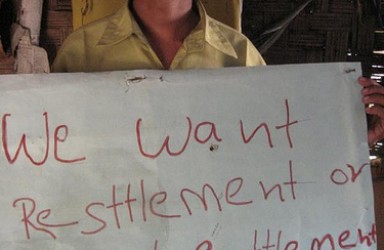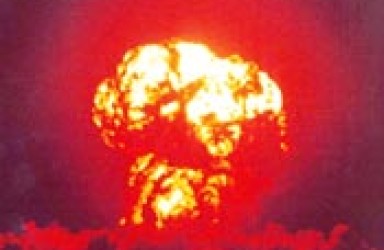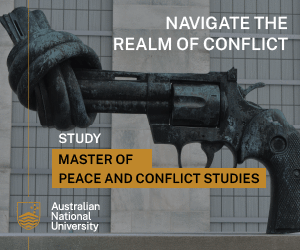Should we regard gender-based violence as a weapon of war?
This essay argues that all violence can be exposed as an expression of gender; as an expression of masculinity or as an attack on femininity. It goes on to explore the ways in which the violence of the War on Terror and the invasions of Afghanistan and Iraq are based on gendered narratives.
Have attempts at reconciliation and justice in post-genocide Rwanda fostered or hindered a new national identity?
The fallout from the 1994 Rwandan genocide would always be complex and littered with historical, ethnic and political issues and efforts to find closure through the judicial process is inherently problematic. The failure to address the grievances of all ethnic groups will continue to hinder changes for a lasting national identity.
Is it correct to announce the decline and fall of the CNN effect?
The so-called CNN effect, where the actions of governments are influenced by the imagery presented by 24 hour news media, is not declining, but has been overstated since its initial conception, rendering James Hoge’s assertion that the CNN effect had more influence in its infancy than in subsequent years a misleading notion.
The Case for Constructivism In Analysing the India-Pakistan Conflict
On the face of it, South Asia appears to vindicate the Hobbesian image of international relations that is a central component of many rationalist/realist analyses and theories. Yet a closer look reveals that Constructivism offers great value to understanding and analysing India-Pakistan relations.
The causal relationship between culture and foreign policy making in Muslim countries
Pragmatism rules the roost in Muslim states, yet the role of Islam must not be underestimated. The faith inspires, promotes and legitimises the actions of Muslim states and whilst it has little causal role in foreign policy, it nonetheless has an integral part in advancing it.
The Relevance of Structures in International Society: A Critique of Krasner
The international system is a complex make up of actors and structures that exist at the bequest of scholars to demonstrate how international society can be governed. Within this systemic analysis exists a topic of much debate: what governs the actions of a state?
Burma, Bangladesh and the Rohingya: a Failure to Protect?
Forced migration and refugee flows from Burma to Bangladesh are becoming increasingly difficult for the international community and the region to deal with. Failure at state, regional and international level to deal with the problems facing the Rohingya refugees reflects a wider need to re-evaluate international protection regimes when it comes to dealing with forced migration and minority groups in Southeast Asia.
Who in Latin America benefits and loses from the rise of China?
The People’s Republic of China has emerged as an important global actor in the twenty-first century but who has benefitted, politically and economically, from Beijing’s growing presence in Latin America and how have Sino-Latin American relations developed since Chinese President Hu Jintao’s first diplomatic visit to the region in 2004?
Hidden Victims: The story of sexual violence against men in armed conflict
Sexual violence is arguably one of the worst types of violence, targeting a person’s identity, as well as the identity of his or her group. The psychological consequences often far outlive those of other forms of violence. Progress has been made to address wartime sexual violence against women, yet men remain an under-recognised and under-reported category of victims.
The Comprehensive Test Ban Treaty: An Assessment
Despite unclear prospects for the CTBT, the international de facto norm against nuclear testing seems well established, and the already semi-functioning CTBT Organisation plays an important role in monitoring and verification. It is also important not to view the CTBT as an end in itself, as independently it will not be so effective as to make nuclear weapons obsolete.













